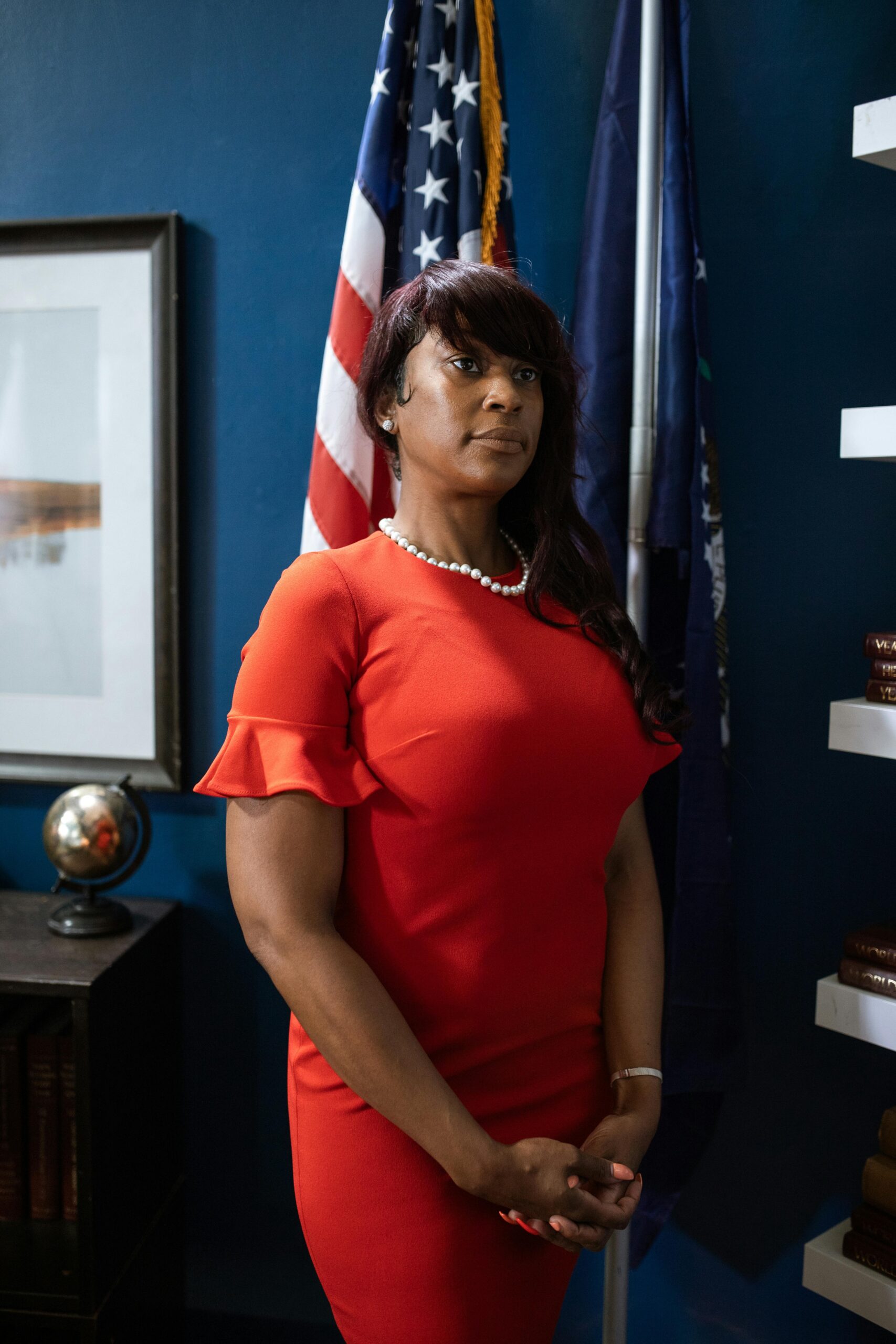The UN Security Council (UNSC) has been actively debating how its peacekeeping operations should evolve in response to 21st-century conflicts. In 2025, several discussions, open debates, resolutions, and ministerial meetings have centered on adapting mandates, improving funding, incorporating technology, balancing political mandates with practical capacities, and addressing new threats. Below are the main themes, some concrete cases, and the controversies involved.
🔍 Key Themes & Issues Under Debate
-
Mandate Scope vs. Operational Capacity
One recurring critique is that many peacekeeping mandates are too broad, ambitious, or involve politically sensitive tasks that do not match available resources. These are sometimes called “Christmas-tree mandates” (i.e. “let’s include everything”) where mandates accumulate a lot of additional tasks, making fulfillment difficult. UN News
-
Technology, New Threats, and Adaptation
Conflicts today are more complex—terrorist or extremist non-state actors, disinformation, drones, transnational organized crime, environmental/climate pressures, cybersecurity threats, etc. globalissues.org+3United Nations Geneva+3globalissues.org+3
Some are calling for mandates to explicitly allow newer technologies (e.g. UAVs/drones for surveillance and self-defense) or improved intelligence and digital tools. United Nations Geneva+1
-
Financing, Resources & Sustainability
-
The budget for peacekeeping has been under pressure; there are payment shortfalls, arrears by Member States, delays in reimbursements, and challenges keeping operations well-equipped. Better World Campaign+1
-
Missions often depend on voluntary contributions from states, which can be unpredictable. United Nations Peacekeeping+1
-
There’s discussion of more cost-effective models, including better alignment between mandates and what missions can realistically do. UN News+1
-
-
Political Will, Member State Unity & Credibility
-
Divisions among Council members weaken collective action. When Member States don’t agree on political priorities or how broad mandates should be, missions suffer. United Nations Geneva+1
-
There’s concern about the legitimacy of peace operations when host countries, local populations, or contributing states see mandates misaligned with realities on the ground. globalissues.org+1
-
-
Local Ownership, Rule of Law, Human Rights & Inclusion
-
More emphasis is being placed on working with host governments, local communities, and civil society. Peacekeeping is increasingly expected to support long-term governance reforms, justice, and protection of human rights. UN News+1
-
Gender inclusion (women in peacekeeping roles) is also part of the discussions. United Nations Peacekeeping+1
-
-
Exit Strategies and Transition
-
Peacekeeping missions lasting many years without clear endpoints raise concerns about dependency. Debates are ongoing about when and how missions can hand over responsibilities to host states. United Nations Peacekeeping
-
Example: UNIFIL (in Lebanon) is scheduled to conclude by end of 2026, with a long transition period. This raises concerns about whether the Lebanese state has the capacity to fill the security vacuum. The Guardian+1
-
📰 Important Cases & Developments
To illustrate how these debates are playing out, here are some of the major developments:
-
Haiti – Gang Violence Mission
The UNSC approved a new, more robust “gang suppression force” for Haiti of about 5,550 personnel, with authority to arrest gang members. The mission replaces an earlier, under-resourced Kenyan-led mission. AP News+1
Key issues include whether the mission has enough funding, the mandate is sufficiently clear, and oversight/long-term transition planning is solid. The Washington Post+1 -
Lebanon / UNIFIL
The UNIFIL mandate in southern Lebanon is under debate—with a resolution passed that the mission will end by December 2026, following 47 years of operation. There are concerns about regional security, Lebanon’s ability to fully assume security responsibilities, and implications for Hezbollah’s presence. The Guardian+1 -
South Sudan (UNMISS)
The UNSC extended the UNMISS mandate amid rising instability. However, some members expressed concerns about politicization of mandates, unrealistic tasks, and issues of security infrastructure and civilian protection. globalissues.org -
Global Forums & Ministerials
At the UN Peacekeeping Ministerial [Berlin, May 2025], Member States discussed pledges to close “capability gaps,” support safety of peacekeepers, modernize missions, etc. United Nations Peacekeeping+1
Also, in forums like the one in Indonesia (February 2025), many argued that peacekeeping models need more flexibility, regional partnerships, technological adaptation, and better defined mandates. United Nations Geneva+1
⚖️ Tensions, Trade-Offs & Critical Questions
While many agree peacekeeping needs reform, there are trade-offs and controversies:
-
Use of Force vs. Political Neutrality
Expanding authority (e.g. allowing peacekeepers to arrest, carry out more proactive operations) can make missions more effective, but risks being viewed as less neutral, potentially undermining legitimacy. Haiti’s mission is one example. AP News+1 -
Resource Requirements vs. Sovereignty Concerns
Bigger mandates and advanced technologies cost more; host states or regional powers might worry that their sovereignty is undermined, or that missions become overbearing. -
Status of Permanent Members and Veto Power
Some critics argue that global peacekeeping is hampered by geopolitical power plays in the Security Council (where permanent members hold veto power). These dynamics affect what missions are authorized, how robust they are, and how they are funded. United Nations Geneva+1 -
Exit Strategies vs. Risk of Vacuum
Having UN missions leave on schedule is important, but a premature withdrawal risks chaos, relapse of conflict, or new instability (as seen in discussions around UNIFIL). -
Balancing Innovation with Ethical Boundaries
Use of drones, surveillance tech, AI, cybersecurity is being pushed, but with concerns about misuse, human rights, oversight, accountability.
🔧 Reforms & Proposed Paths Forward
To address the challenges, several reforms are being debated or already underway:
-
Tailored Mandates
Designing mandates that are realistic, tied to local capacity, measured, and not overloaded. Mandates should match resources, and be periodically reviewed. UN News+1
-
Adaptive Peacekeeping Models
More flexible mission designs; using regional partners; rapid deployment capacities; modular operations that can scale up or down. United Nations Peacekeeping+1
-
Technology & Intelligence Enhancements
Allowing peacekeepers to use advanced drones, better surveillance, real-time data, signal intelligence, counter-disinformation efforts to maintain credibility and safety. United Nations Geneva+1
-
Predictable and Sustainable Funding
Ensuring Member States keep up with financial commitments; decreasing arrears; making budget cycles more predictable. Possibly exploring new funding mechanisms. Better World Campaign+1
-
Greater Inclusion of Women & Local Communities
Ensuring women are more meaningfully engaged in peace operations; involving host-state institutions and civil society so that peacekeeping supports local ownership. United Nations Peacekeeping+1
-
Clear Exit & Transition Planning
From the start, peace missions need benchmarks for withdrawal or transition, capacity building for local authorities, and planning to avoid creating security vacuums. United Nations Peacekeeping
-
Combatting Disinformation & Maintaining Credibility
As trust is critical, missions are under pressure to counter false narratives, improve communications, and be transparent about actions. globalissues.org+1
⚠️ Where the Debates are Hardest
The UNSC debates are especially contentious in areas where:
-
Missions involve high political stakes (e.g. in Lebanon / Israel-Hezbollah dynamics).
-
Member States disagree on the legality or legitimacy of using force, especially when protecting civilians or policing gangs.
-
Funding or troop commitment is unsure; when mandates are ambitious but resources lacking.
-
Host governments have limited capacity or may distrust external forces.
-
Permanent members’ strategic interests conflict, affecting support or abstention on key resolutions.


